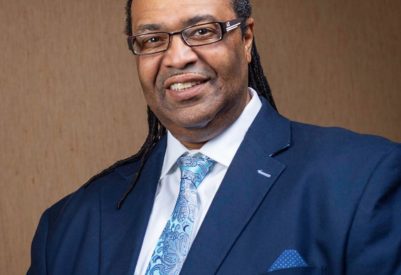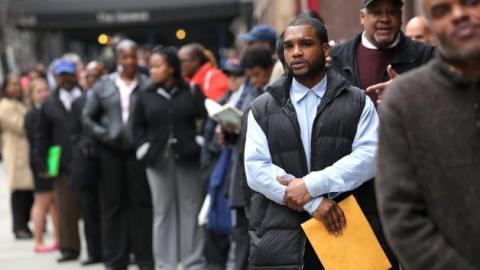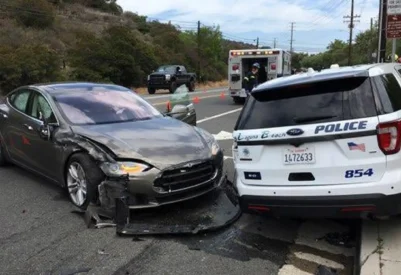
Southwest Tribune Newspaper
Rochester, NY- The Seneca Nation and the administration of New York Gov. Kathy Hochul have possibly negotiated an agreement that could bring a casino to Rochester. She did so without the consent of any of the leaders from Rochester that included Rochester's mayor, county executive or the Rochester’s city councilmembers.
The leaders learned about the backroom deal through media reports like everyone else and was shocked! They immediately started calling for a reckon and requested to Gov. Hochul to cease any further talks with the Seneca Nation.
This is not a first attempt to place a casino in Rochester. In their quest to do so a few years back, Rochester leaders and a great majority of residents gave it the thumbs down because they believe the likelihood of an already impoverished African and Latino Americans communities in Rochester will become more impoverished.
“Gambling may be viewed as one of the few opportunities for financial advancement, and perhaps provides the lure as a means for easily gaining money.” John W. Welte, RIA senior research scientist."
University at Buffalo, NY study finds– The poorer the neighborhood, the higher the risk for problem gambling, according to a study from the University at Buffalo Research Institute on Addictions (RIA).
Based on representative telephone interviews with nearly 5,000 people, ages 14 to 90, in the United States, the study found that problem gambling was twice as likely in neighborhoods with the highest levels of concentrated poverty compared to neighborhoods with the lowest poverty levels.
The study was published in the Journal of Behavioral Addictions last June.
In areas with the highest “neighborhood disadvantage” – determined by census factors such as the percentage of people who were unemployed, received public assistance, and/or live in poverty – more than 11 percent were problem gamblers, compared to just 5 percent in neighborhoods ranking in the top fifth of economic advantage.
“We found that neighborhood disadvantage had a substantial effect on problem gambling, even after controlling for a person’s socioeconomic status, age, gender or race,” says Grace M. Barnes, PhD, RIA senior research scientist and first author. “We also controlled for the convenience of gambling opportunities in these neighborhoods, and our findings were unchanged.”
Further, individuals with the lowest socioeconomic status in the poorest neighborhoods were at greatest risk for gambling problems.
Problem gambling was determined by a number of symptoms, including gambling with increasing amounts of money, repeated unsuccessful efforts to control or stop gambling, and preoccupation with gambling activities. Types of gambling included casinos, sports betting, horse or dog racing, lotteries and online gambling, as well as raffles, office pools, charitable gambling, pull-tabs and bingo.
The authors speculated on a number of reasons why gambling is worse in poorer neighborhoods. “It may be that people who live in disadvantaged neighborhoods do not see many role models of financial success achieved through conventional means,” says John W. Welte, PhD, RIA senior research scientist and a study co-author. “Therefore, gambling may be viewed as one of the few opportunities for financial advancement, and perhaps provides the lure as a means for easily gaining money.”
In addition to Barnes and Welte, the study’s other co-authors, both at RIA, are Marie Cecile O. Tidwell, PhD, project manager, and Joseph H. Hoffman, data analyst.
RIA is a research center of the University at Buffalo (UB) and a national leader in the study of alcohol and substance abuse issues. RIA’s research programs, most of which have multiple-year funding, are supported by federal, state and private foundation grants. Located on UB’s Downtown Campus, RIA is a member of the dynamic Buffalo Niagara Medical Campus and helps promote UB’s strategic focus on research initiatives.





